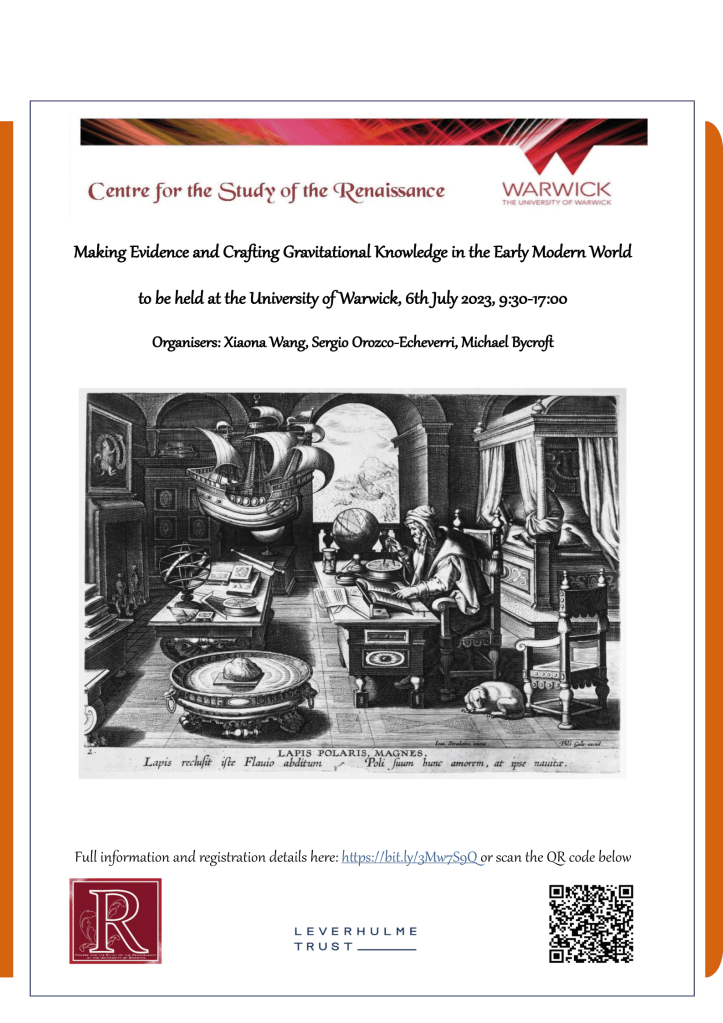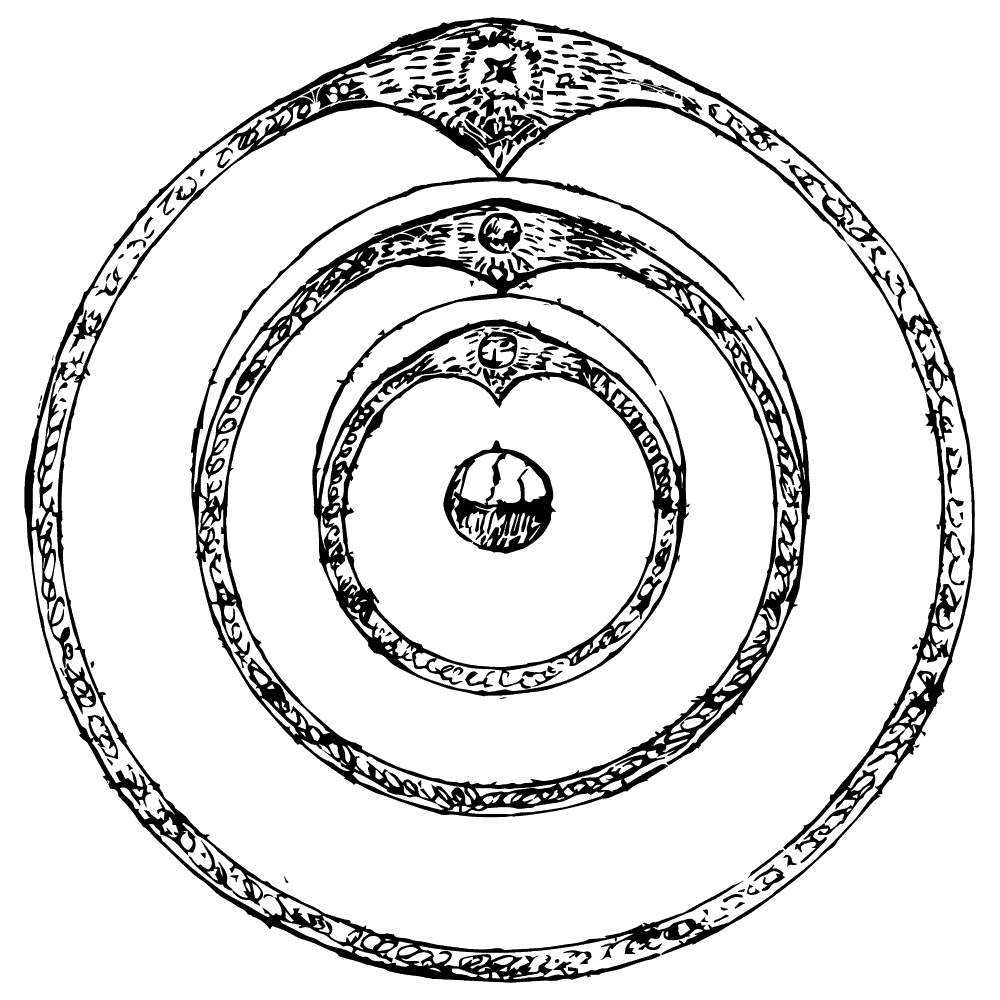Colonial Science and Empires: Approaches from the Early Modern Spanish-Iberian and East Asia Worlds
École normale supérieure Paris –Université PSL. Researchgroup MATHESIS, République des Savoirs.
https://meet.google.com/qke-oybz-isc
December 4, 2023
Programme
9:30 – 9:45: Welcome and introduction
Helbert E. Velilla-Jiménez (ENS París-USAL, Linda Hall Library)
9:45–10:40 Carpintería de lo Blanco: Art and Geometry
Mathematical knowledge in Spanish carpentry traditions. Sebastián Molina-Betancurt (U. Milan)
Cálculo y memoria. El uso de cartabones en la carpintería hispánica. Francisco Mamani-Fuentes (French Institute of Andean Studies-Perú, Bernardo O´Higgins University-Chile)
10:45 –11:40Mathematics, Astronomical Navigation, and Repertorios de los Tiempos
Celestial mathematics, terrestrial calculations: the quantitative cosmology of the Iberian-American repertorios de los tiempos. Sergio Orozco-Echeverri (U. Antioquia)
Why on Earth calculate longitude in the Early Modern period? José M.MorenoMadrid (U. Lisbon)
11:45 – 12:05 East Asia and the Transformation of European Debates
The Tartar Moment: Martino Martini and the Globalization of Chinese Cosmopolitics. Gianamar Giovannetti-Singh (U. Cambridge)
12:10–12:20 Concluding Remarks
Sophie Roux (ENS Paris)
Organiser: Helbert E. Velilla

Making Evidence and Crafting Gravitational Knowledge in the Early Modern World
Leverhulme Conference at Warwick (UK)
6 JULY 2023, 9:30 – 17:00 (BST)
Room MB0.08, Statistics Building, University of Warwick, CV4 7AL
This workshop sets out to examine all these aspects of evidence making and its specific and important role in the shaping of knowledge of gravity and gravitation in the early modern world. These aspects include its nature (e.g., epistemic category, scientific practice), sources (e.g., classical and humanist traditions), forms (e.g., material model set-ups, mathematical demonstration, thought experiment), procedures (e.g., creating suitable situations to test theories, sometimes even including counterfeiting ‘facts’), locations (e.g., courts, universities, scientific institutions, workshops), and outcomes (e.g., theories, axioms, laws). Based on this, the workshop will also compare making/organizing evidence to different groups of audience/readership (academics, students, and the public), explore the role of institutional power in organizing evidence to test theories and probe deeper into the relationship between evidence making and other forms of historical inquiry such as proof, persuasion, observation, wonder, creativity and ingenuity, objectivity, fact, authorship, probability and so on.

Speakers:
(Alphabet Order): Michael Bycroft (Warwick), Matteo Cosci (Venice), Gianamar Giovannetti-Singh (Cambridge), Helbert Velilla Jiménez (ENS Paris-PSL), David McOmish (Venice), Sergio Orozco-Echeverri (Antioquia), Christoph Sander (Linda Hall Library), Kevin Tracy (Maynooth), Xiaona Wang (Warwick).
The cosmology of repertorios
Coloquio permanente
26 MAY 2023, 16:00 (GMT+5)
The research colloquium of the Research Group Conocimiento, filosofía, ciencia, historia y sociedad provides the opportunity to present the work-in-progress of its members. This time, the PI will show the conceptual, analytical and technical progress of the project, emphasising the challenges and opportunities of historical research based on digital humanities.

Early modern Iberian-American cosmology
Edinburgh Early Modern Network, Seminar Series Spring 2023
27 March 2023, 17:15 – 18:30 (BST)
The Edinburgh Early Modern Network, established in 2018, promotes academic collaboration between postgraduates and staff in Edinburgh and beyond on Early Modern topics.
On 27 March 2023, PI Sergio Orozco-Echeverri will discuss the Iberian-American cosmology of repertorios and particularly how the networks of knowledge promoted an early-global worldview through the integration of astronomical, astrological, chronological and medical views from the Iberian peninsula and the Americas in a genre of astrological writings.

History of science
VIII Seminario de Historia y Filosofía de la Ciencia, Universidad de Antioquia
15 March 2023
Via Zoom and Facebook
This Seminario integrates all the lines of work of the Research Group Conocimiento, Filosofía, Ciencia, Historia y Sociedad. The session dedicated to the History of Science, includes some work relevant to the project. The session will be online through Zoom.
Programme (GMT -5):
9.00 a.m. Imagining the Moon: Early Modern Lunar Theories. Xiaona Wang (Warwick)
10.00 a.m. Traducciones, manuales del arte de navegar y práctica matemática en la cosmografía española (1500-1600). Helbert Velilla-Jiménez (USL-ENS-Paris)
11.00 a.m. Geómetras en la construcción del Nuevo Mundo. Sebastián Molina-Betancur (Bergamo)
11.45 a.m. Cometas, novedades celestes, y la estructura del cosmos en los repertorios de los tiempos. Sergio Orozco-Echeverri (Antioquia).

Mathematics and Empire: Certainty and the Usefulness of Knowledge in Early Modern Spanish Kingdoms
The Renaissance Society of America, 2022 RSA Virtual
2nd December 2022
This roundtable discusses the connections and tensions between certainty and usefulness of knowledge, particularly in the case of mathematics, in the early modern Iberian-American world. It is commonplace to stress the practical character of the Spanish approach to mathematics in the early modern period, given the interests in navigation and trade. Developments in geometry, architecture, fortification, navigation, artillery, and instrument-making, just to mention a few, were driven by the practical needs of establishing, controlling and securing an empire across the globe. However, how did these practical orientations impact the conception of mathematics and the values associated with its practice, such as certainty? Given this practical orientation, how was mathematics conceived in connection with other disciplines, such as natural philosophy or theology? How did different contexts (universities, courts, trade centers, colonial outposts) inform these conceptions? This roundtable explores these questions from the perspective of mathematicians, cosmographers, natural philosophers, and humanists in the Iberian-American world.

Organiser and monitor:
Sergio Orozco-Echeverri (Universidad de Antioquia, RSA)
Discussants:
Herlbert Velilla (University of Salamanca)
Sebastián Molina-Betancur (Università degli Studi di Bergamo)
Nuno Castel-Branco (Harvard Center for Renaissance Studies at Villa I Tatti)
David Salomoni (Universidade de Lisboa)
Luis Ribeiro (Universidade de Lisboa)
Henrique Leitão (Universidade de Lisboa)

You must be logged in to post a comment.